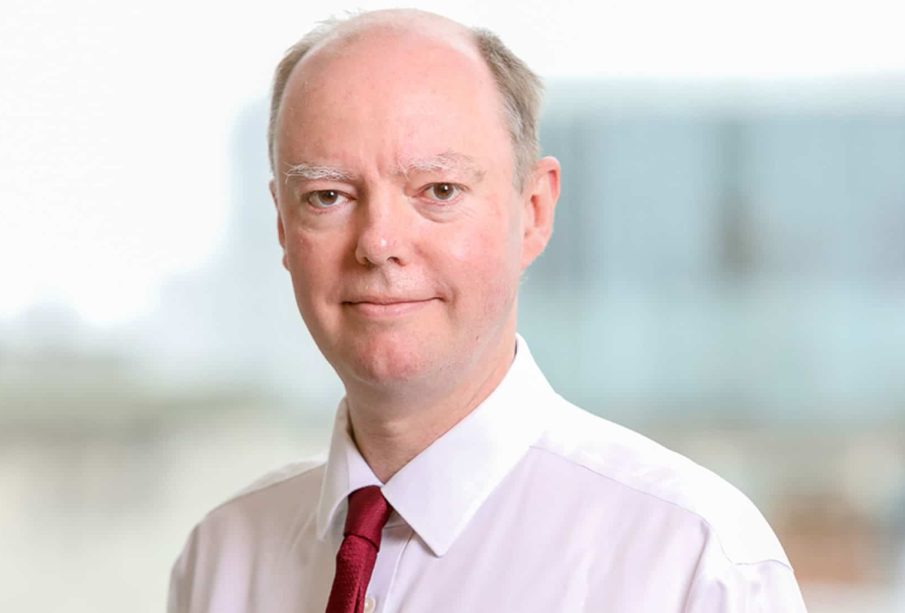Chris Whitty: A Key Figure in UK Health Policy

Introduction
Chris Whitty, the Chief Medical Officer for England, has become a household name during the COVID-19 pandemic. His role as a trusted public health adviser is crucial, especially as the UK continues to navigate the complexities of ongoing health challenges. Whitty’s guidance has not only influenced government policy but has also shaped public perceptions regarding health safety and vaccine uptake.
Background and Contributions
Chris Whitty was appointed Chief Medical Officer in 2019, bringing extensive experience in infectious diseases and public health. He was previously the Chief Scientific Adviser for the Department of Health and Social Care and has also served as the Director of Global Health at the Department for International Development. Notably, Whitty has been instrumental in the government’s COVID-19 response strategy, often appearing alongside Prime Minister Boris Johnson during crucial press briefings.
His calm demeanor and clear communication have earned him respect, as he has consistently provided updates based on evidence and data. Throughout 2020 and into 2021, he urged the public to adhere to safety measures, such as lockdowns and social distancing, which were vital in curbing the spread of the virus. His advocacy for vaccinations has been particularly significant in increasing public confidence in the national vaccination rollout.
Recent Developments
As of 2023, Whitty continues to be at the forefront of UK health policy, focusing on future public health threats and the implications of living with COVID-19. He has been vocal about the importance of preparing for possible future pandemics and addressing health inequalities exacerbated by the pandemic. The NHS is facing mounting pressures post-COVID, and Whitty has suggested reforms to ensure resilience amidst rising demand for services.
In his recent addresses, he has also raised awareness about the mental health impacts of the pandemic, calling attention to the need for integrated mental health services in primary care settings. His ongoing emphasis on vaccination as a preventive measure, particularly for respiratory diseases, remains a critical part of his agenda.
Conclusion
Chris Whitty’s expertise and leadership are indispensable in tackling current health challenges and preparing for the future. His insights on COVID-19 and the importance of vaccinations highlight a broader commitment to public health in the UK. As the country moves forward, Whitty will likely play a pivotal role in shaping health policy and ensuring the well-being of the population. His influence on public health is profound, making him a central figure in discussions regarding the future of health services in the UK.









